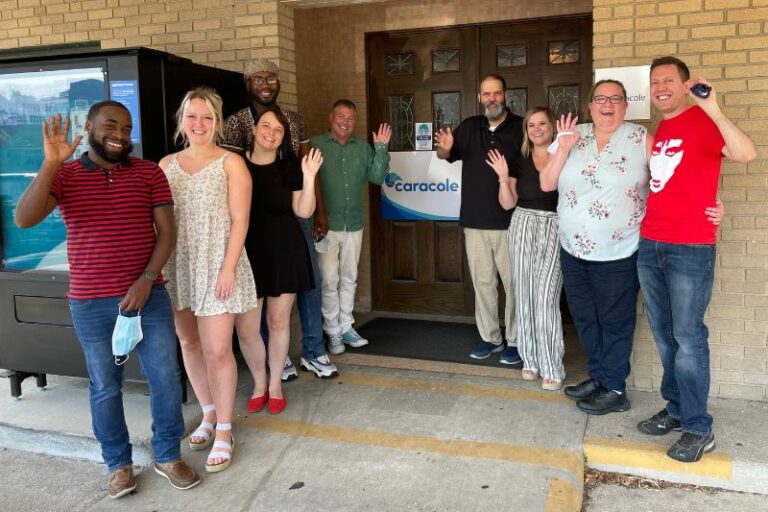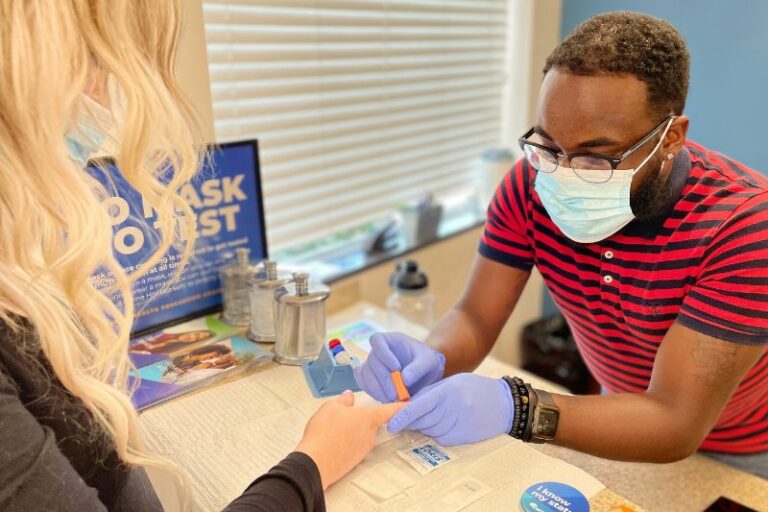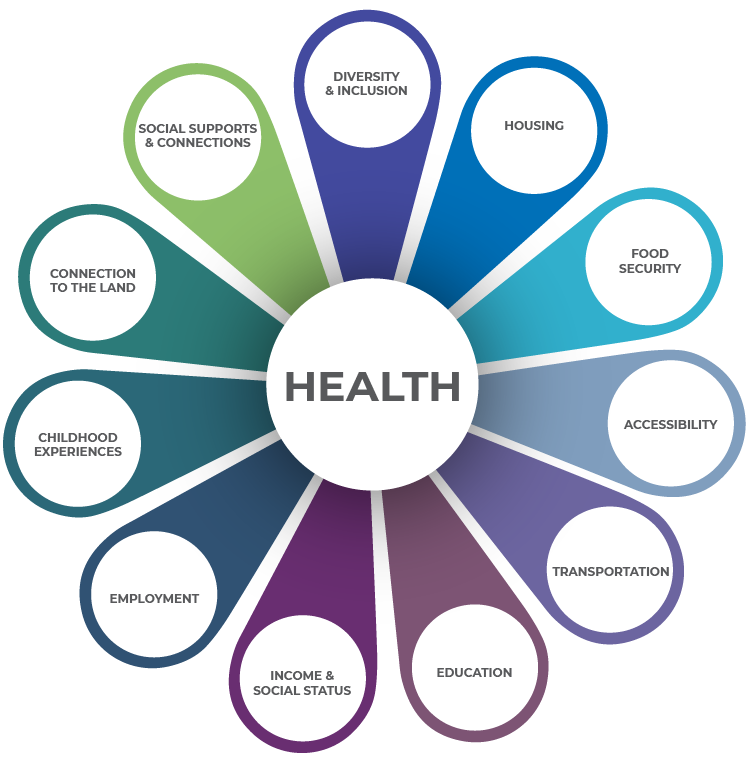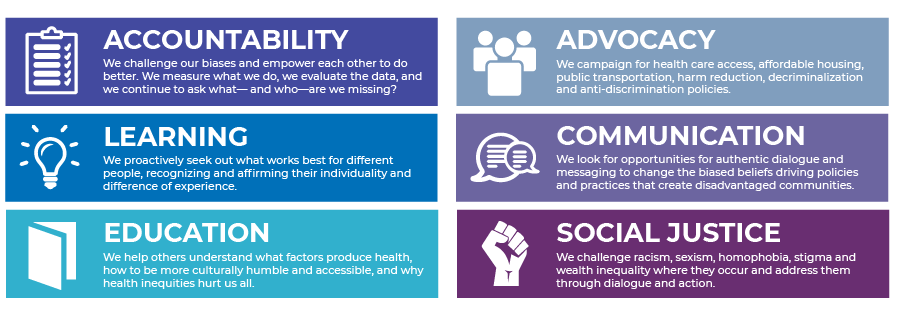
Who We Are
We are Greater Cincinnati’s nonprofit devoted to positively changing lives in the fight against HIV/AIDS.

What We Do
Through HIV prevention, housing and care, our work to end the HIV epidemic is essential to a healthy community.


